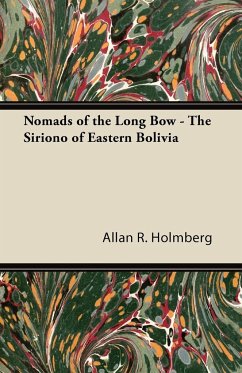
Near Eastern Deities in the Rigveda
Versandkostenfrei!
Versandfertig in 1-2 Wochen
31,99 €
inkl. MwSt.

PAYBACK Punkte
16 °P sammeln!
This book begins with a deep appreciation for the labor and devotion of all the 19th and early 20th century European scholars who made the Rigveda known to the world. Yet, questions kept lingering: why the Rigveda doesn't have anything entailing Indian prehistory, culture, or of historical India? Who were the people for whose benefit certain sacrificers arranged elaborate festivities, most often participated by gods, so that hymns were composed to please them? The questions remained unanswered as the context of the entire Rigveda was assumed to be mythical or obscure. The Near Eastern sources ...
This book begins with a deep appreciation for the labor and devotion of all the 19th and early 20th century European scholars who made the Rigveda known to the world. Yet, questions kept lingering: why the Rigveda doesn't have anything entailing Indian prehistory, culture, or of historical India? Who were the people for whose benefit certain sacrificers arranged elaborate festivities, most often participated by gods, so that hymns were composed to please them? The questions remained unanswered as the context of the entire Rigveda was assumed to be mythical or obscure. The Near Eastern sources of Indian Desi words made it possible to identify that it is the lack of context of the Rigveda, more than the obscurity of the language that had been the stumbling block in understanding it. Ancient Indian names were all titular and toponymic. In fact, all names, Sanskrit or Pali, Rigvedic or Puranic, were geo-ethnic in the sense, like Biblical names, both ethnic and personal names were made after the name of a place which could be a country or city, but usually a state. This property has been exploited to its fullest extent, and in doing so, this book answers the above questions, and brings coordination with later Indian literature Epic-Puranas. The book is aimed at understanding the Rigveda deities on the basis of Ancient Near Eastern place names in all available Near Eastern sources from inscription to books with historical and geographical data. It leads to the conclusion that the Rigveda deities are neither Indo-Aryan / Indo-European nor unique to the Rigveda. They are all well known Near Eastern deities except their names. The book opens up a number of new dimensions and should serve as a stepping stone for further research in many related fields of study.












